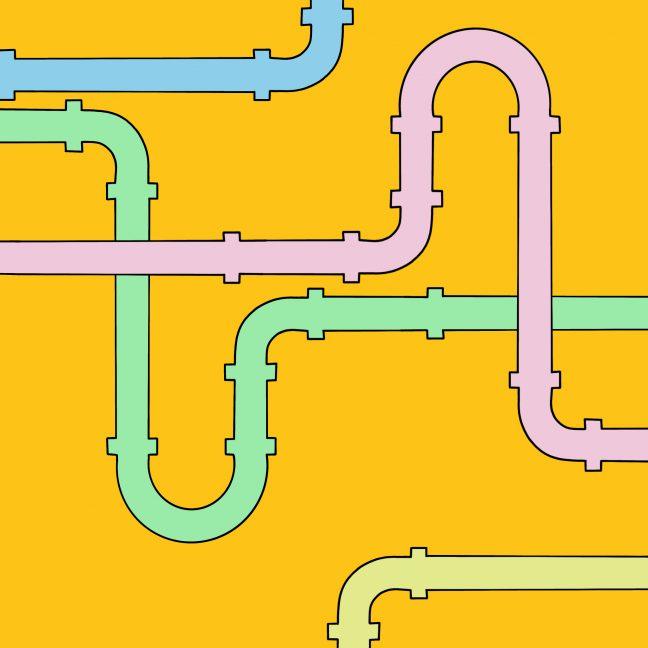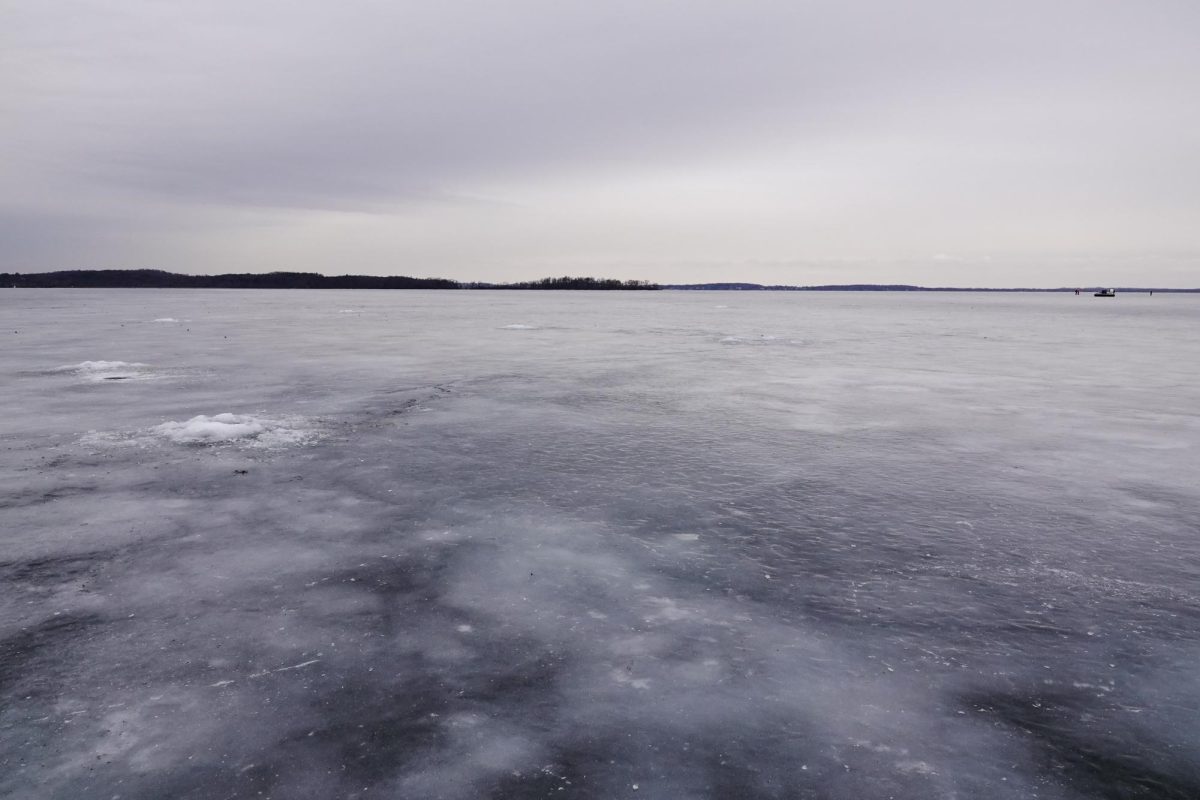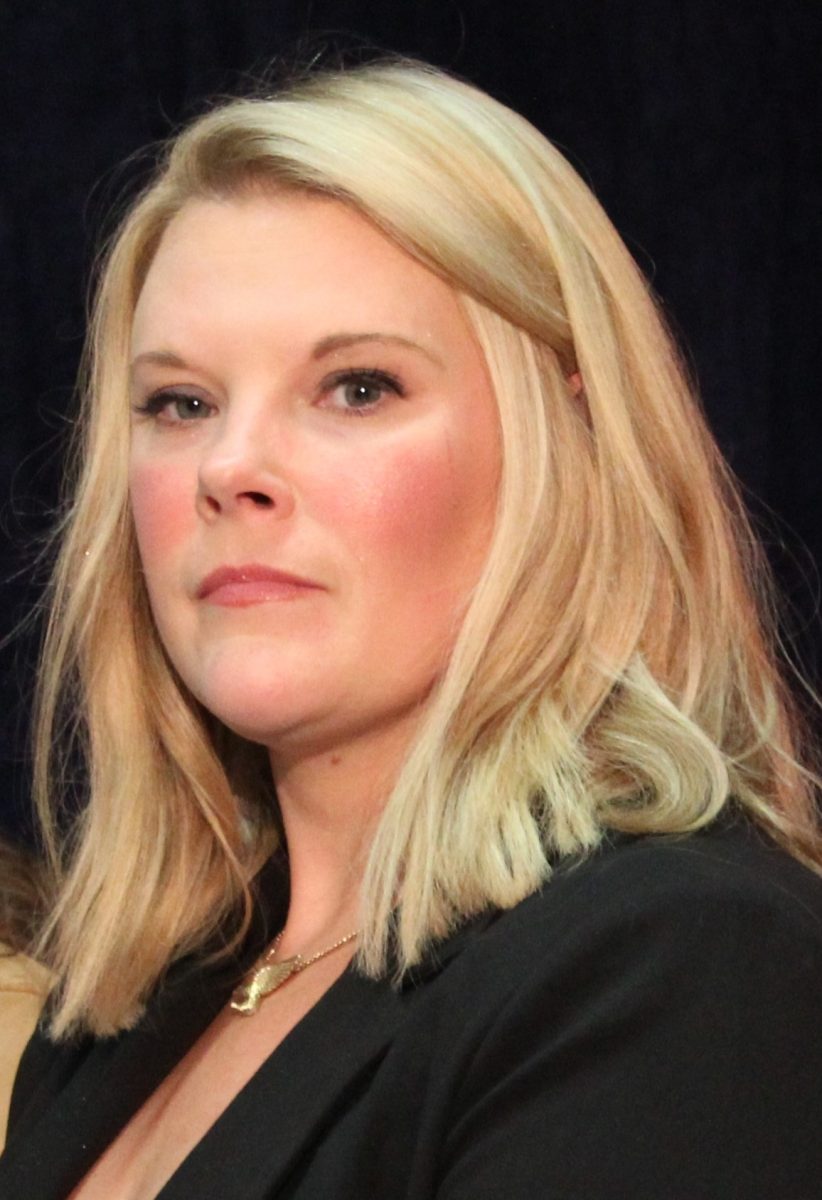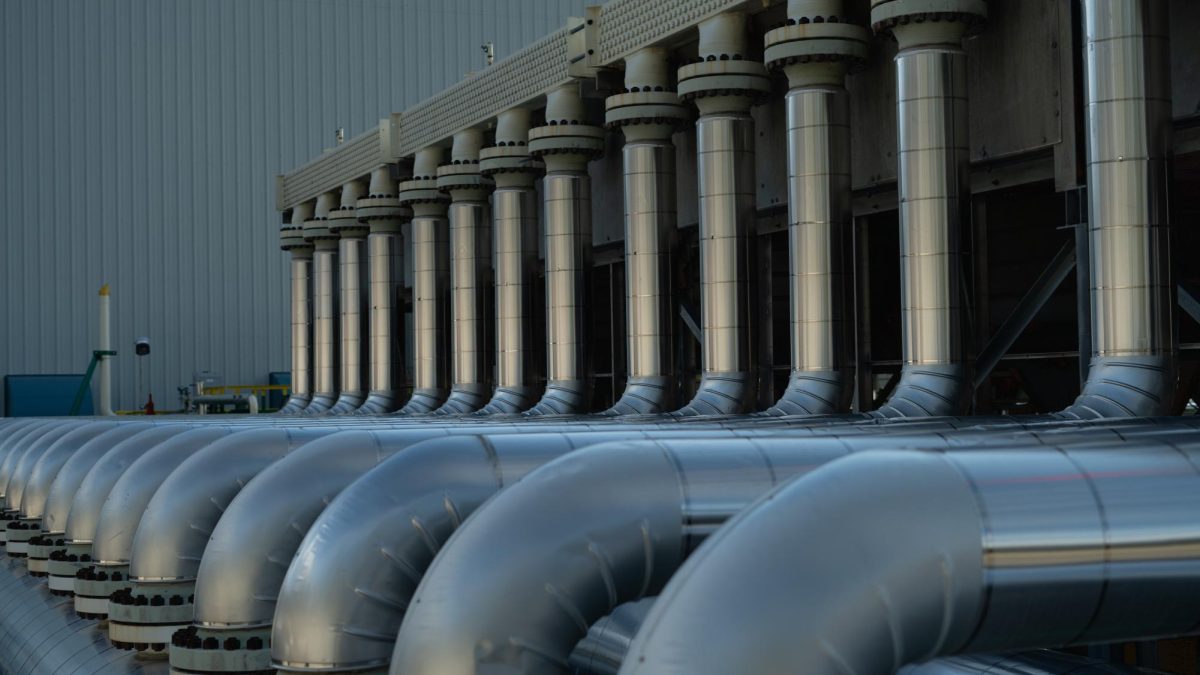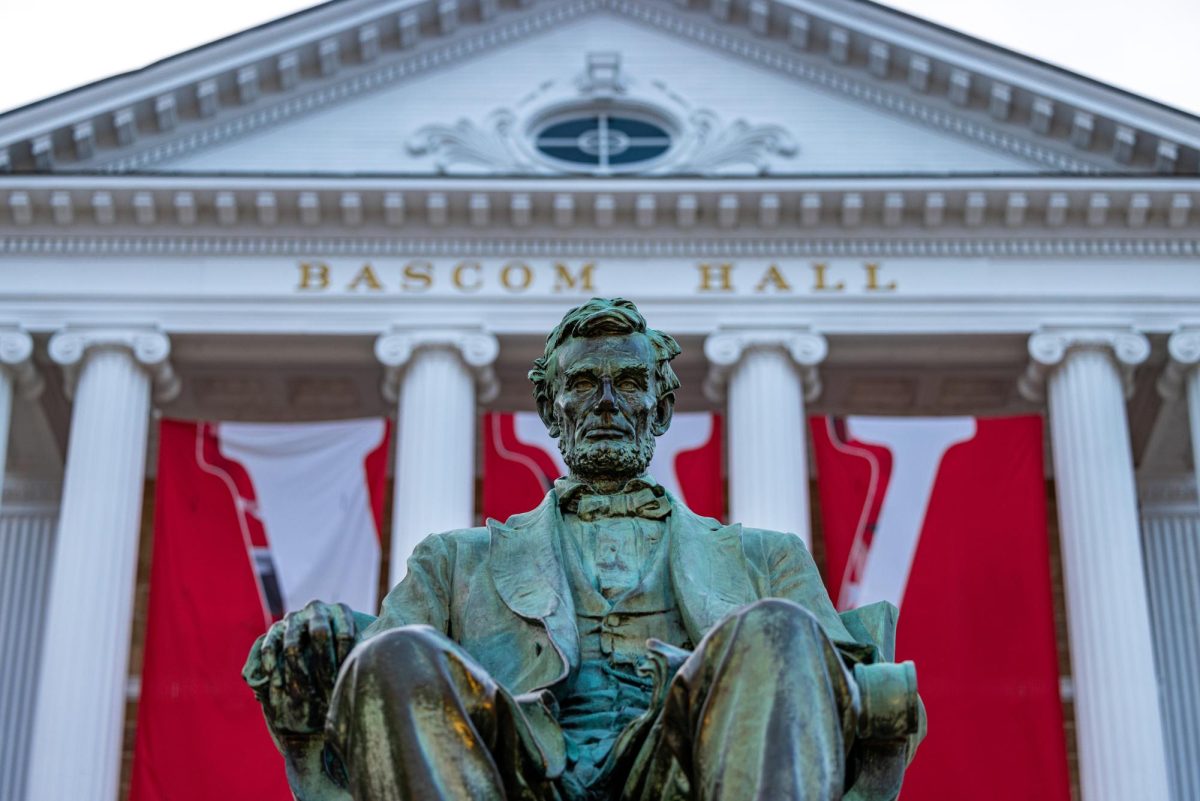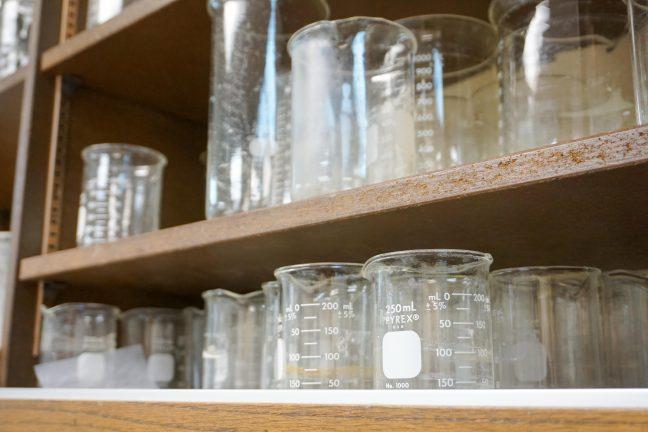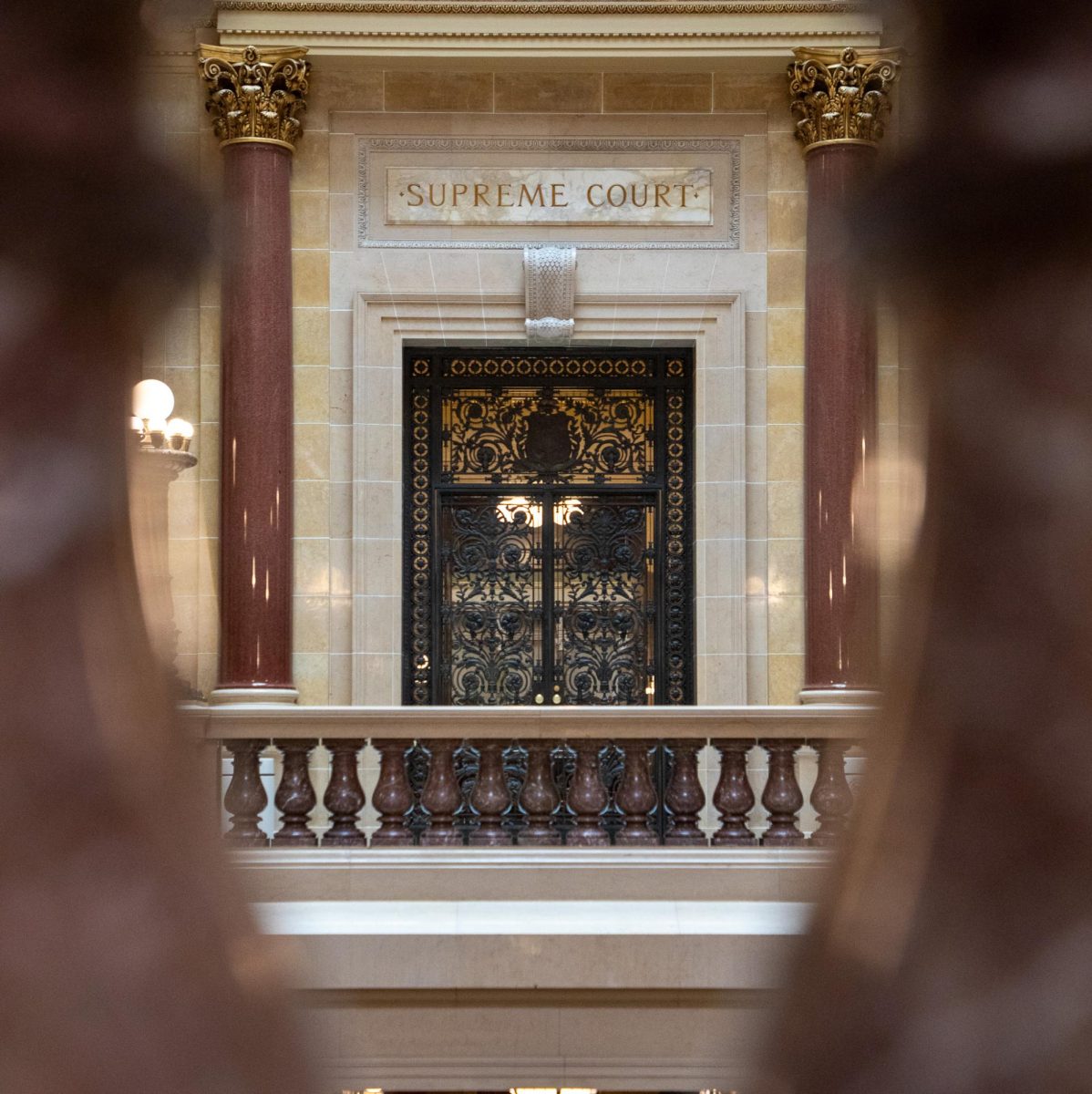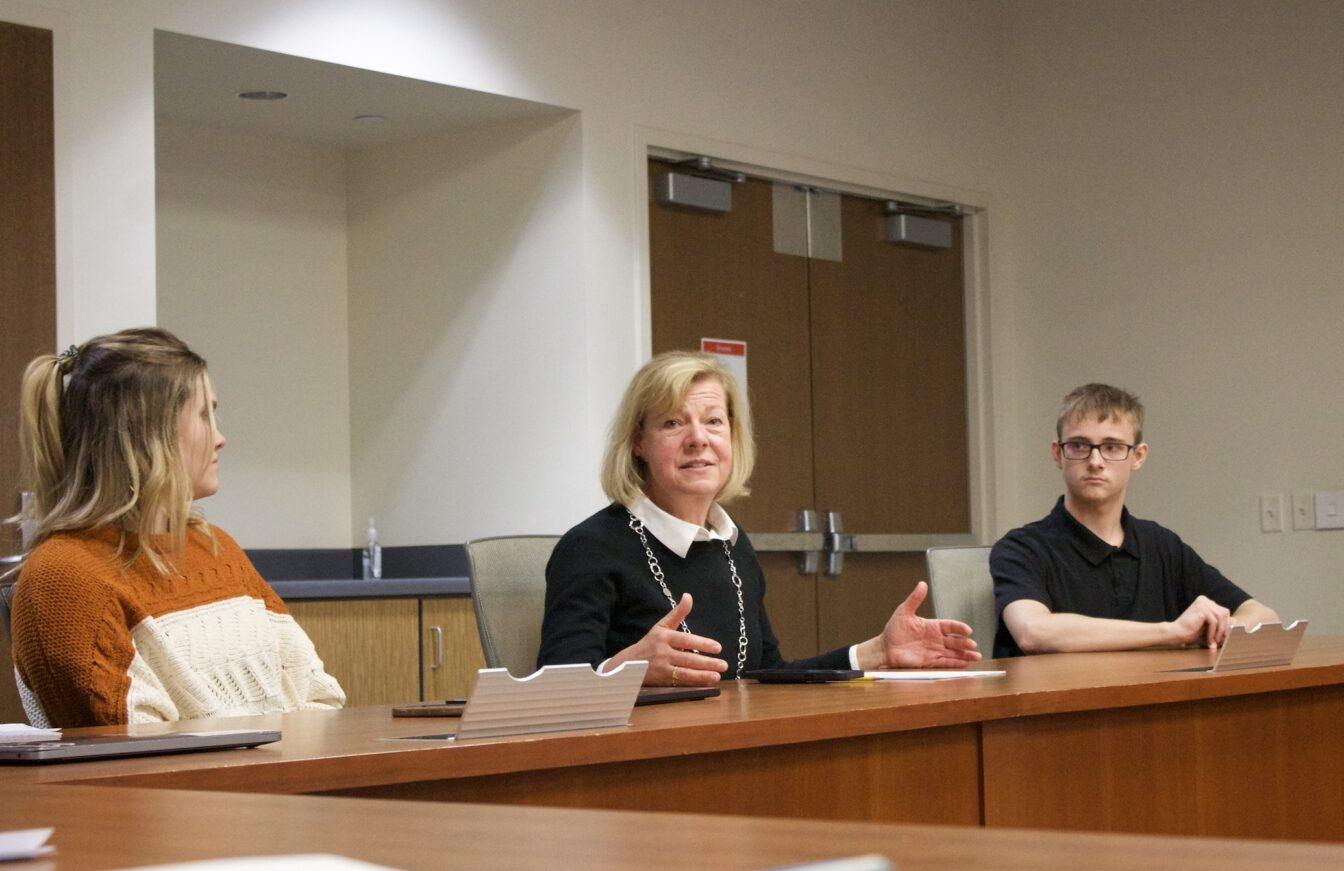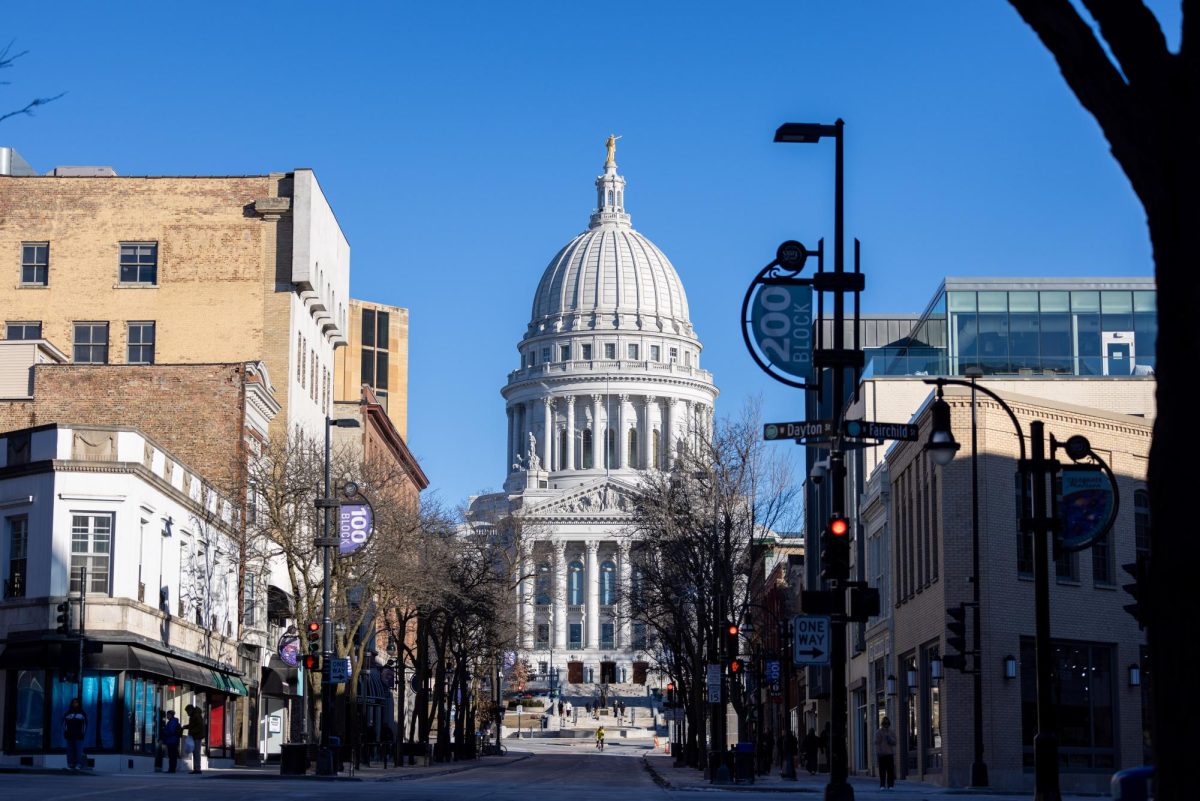Line 3, one of the largest crude oil pipelines in the world, will become operational Friday, Oct. 8.
Line 3 is a pipeline expansion Enbridge, a Canadian pipeline and energy infrastructure company, proposed in 2014. The pipeline will bring almost one million barrels of tar sands per day from Alberta, Canada to Superior, Wisconsin.
The pipeline is Enbridge’s largest project in history.
Indigenous peoples and environmental activists, including the University of Wisconsin BIPOC coalition and the Sierra Club have strongly opposed the construction of the pipeline. During protests this past year, almost 900 people were arrested and some protesters face felony charges.
Enbridge’s website calls the replacement “incredible work for Native people,” despite repeated calls on the company from the Indigenous community to stop construction.
According to the company, they try to limit their carbon footprint and actively manage potential effects on communities and the environment.
Sierra Club’s campaign coordinator Jadine Sonoda said such claims of environmental responsibility are false.
The pipeline is set to be double the previous line’s flow, adding up to 370,000 more barrels of oil per day. The additional oil being transported is the equivalent of the total carbon dioxide daily emissions of 16-18 million cars every year the pipeline operates, according to MN 350.
“They have a horrible record when it comes to spills, and their profit is directly tied to ecological and climate damage,” Sonoda said. “Any claims they make are attempts to distract people from the real harm they’re causing.”
The company confirmed seven reportable spills on its property in 2020 alone, two of which resulted in oil migrating offsite.
Between the years 1996 and 2014, the Company had a total of 1,276 spills in Canada and the U.S., including on the replaced oil pipeline in 2007. In 2008, the Wisconsin Department of Natural Resources charged the company with over 100 environmental violations.
Line 3 violates the treaty rights of the Anishinaabe (Ojibwe and Chippewa) people and endangers the population’s wild rice watersheds. According to the Minnesota Department of Commerce, there is no demand for Line 3 oil in the local market.
Sonoda said the U.S. Constitution says treaties are the supreme law of the land.
“Ignoring them is racist and an injustice,” Sonoda said. “This is incredibly inappropriate in the context of climate change, and we’re going to see continued pressure on government agencies to uphold treaty rights and stop permitting fossil fuel infrastructure.”
Treaties between the tribes and the U.S. government are protected under the Constitution and have been affirmed by the U.S. Supreme Court. The United Nations Committee on the Elimination of Racial Discrimination called for an investigation into U.S. treaty rights violations.


